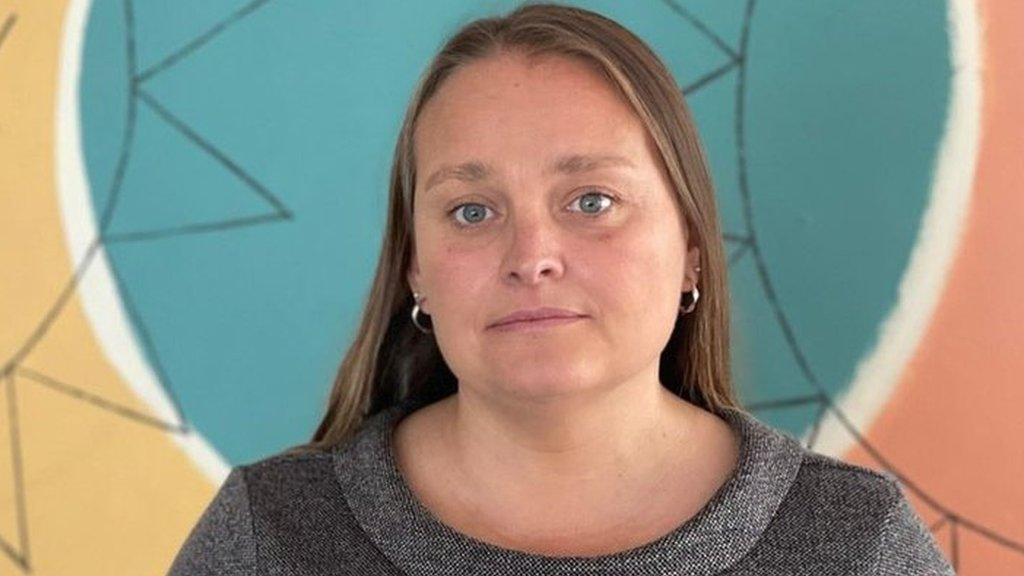Cost of living: Oxfordshire abuse survivors skipping medical appointments
- Published
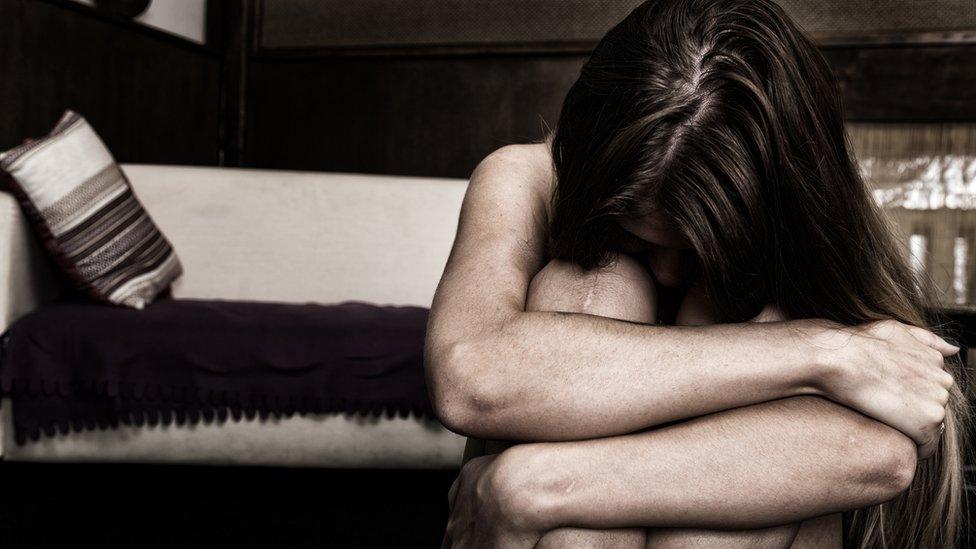
The study found respondents could not afford counselling, dentists, opticians, and other appointments
Vulnerable women are skipping medical appointments due to the cost of living crisis, a study has found.
The report by Oxfordshire Sexual Abuse and Rape Crisis Centre (OSARCC) and Women's Budget Group (WBG) spoke to women in the county who experienced domestic violence and/or sexual abuse.
Yasmeen Arif, from OSARCC, told the BBC that women at risk were having to make difficult choices.
Respondents could not access counselling, as well as other services.
The report concluded that the crisis put them at risk of "re-living the trauma they experienced" through "insensitive treatment by the very services designed to support them".
"They are also at risk of not being able to recover from their experiences because of a lack of basic necessities, not to mention more high-level needs like counselling," it said.

Report findings
Some women were unable to afford dentist and optician appointments, physiotherapy, and essential therapeutic counselling
The lack of access affected recovery from traumatic experiences, as well as their social and professional lives
Respondents skipped meals, ate smaller portions or less nutritious food, and food that did not need to be refrigerated or cooked
The demand for specialist services had increased, with the waiting list for free counselling getting longer
Services also faced increased costs and reductions in funding
Source: OSARCC/WBG

It suggests prioritising funding for therapeutic interventions, and the need for an "increased awareness of trauma-informed knowledge" at all levels of decision-making.
It also cites the need to rectify the housing crisis, and for better infrastructure around childcare and public transport.
OSARCC and WBG called on councils to maximise the impact of welfare schemes and training programmes, and for the establishment of an Oxfordshire Women's Commission.
Ms Arif, who co-authored the report, said: "Women who are at risk of sexual violence are having to make really difficult choices about where they can live in order to stay safe.
"I've spoken to women who have said they're weighing up whether to stay with an abusive partner, or to make a homeless application."
She said women had the right to "compassionate services that treat them with dignity and respect".
'Pockets of poverty'
Co-author Emma Thackray, research and data officer at WBG, said it shone a light on how survivors had been "made even more vulnerable" during the cost of living crisis, and the toll on mental and physical health.
She said: "We need to put more money into women's pockets by restoring social security and improving access to quality paid work, and invest in crucial local services to ensure that survivors get the support they need to recover from the trauma of being subjected to male violence."
The report includes experiences from 23 local women who use the centre.
It notes how Oxfordshire's "affluence masks pockets of poverty across several of its areas", with the gap between the richest and poorest areas "markedly above the national average".
Anneliese Dodds, MP for Oxford East and Shadow Secretary of State for Women and Equalities, said it made for "concerning reading".
She said it was a particular issue in Oxfordshire "where housing is so expensive", and where there was pressure on public services.
She added: "The Cost of Living crisis is impacting these women enormously... we need to get costs down and secondly, we need to get people's incomes up."
A government spokesperson said: "The government is fully committed to an NHS which is free at the point of need, and our Women's Health Strategy for England sets out our 10-year ambitions for boosting health, wellbeing and addressing the care needs of women and girls.
"In addition, our cost-of-living package, the biggest in Europe, prevented 1.3 million people from falling into poverty in 2022/23," the spokesperson added.
Oxfordshire County Council said it worked with district councils and other partners to provide a coordinated response to domestic abuse.
It said services for those affected included its Residents Support Scheme, external hardship fund as well as benefits advice and support to access counselling.

Follow BBC South on Facebook, external, X, external, or Instagram, external. Send your story ideas to south.newsonline@bbc.co.uk.
Related topics
- Published18 November 2022
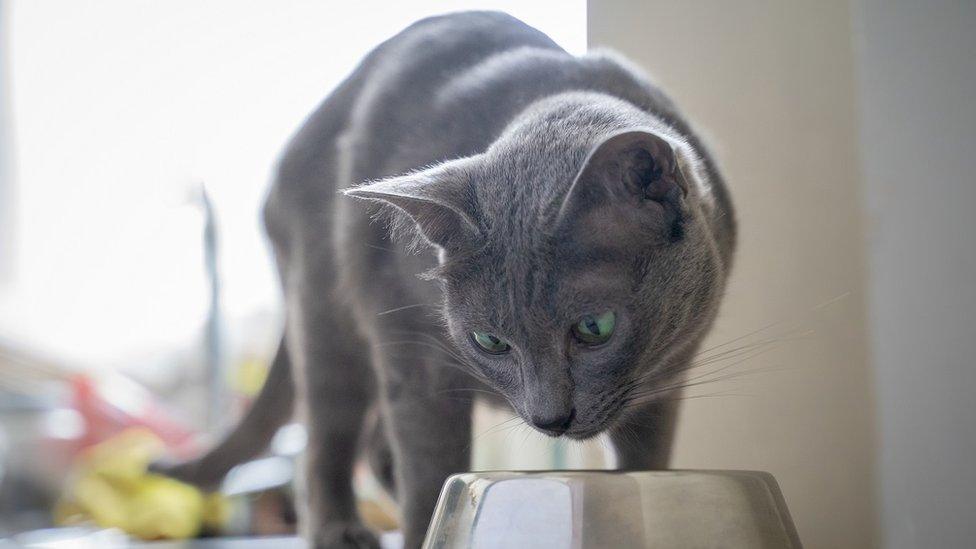
- Published26 July 2022
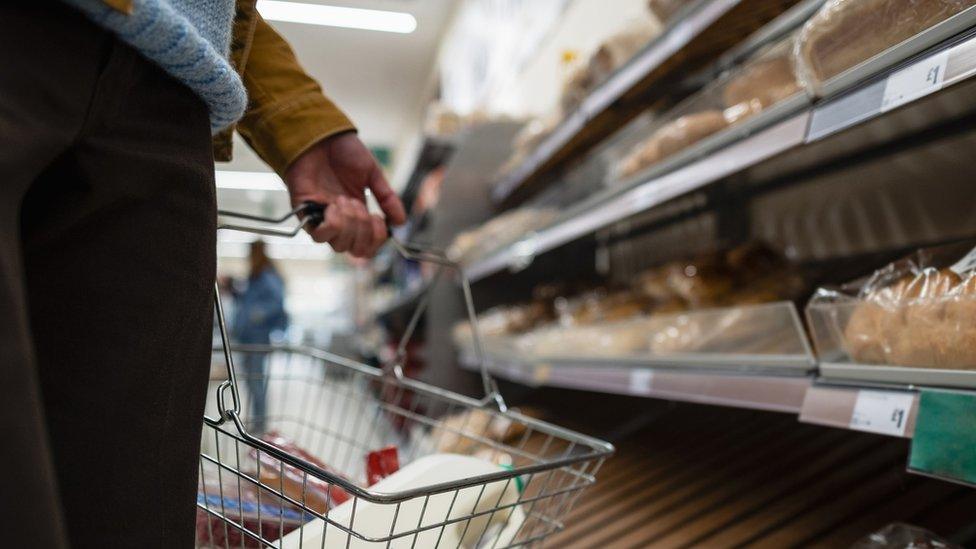
- Published1 April 2022
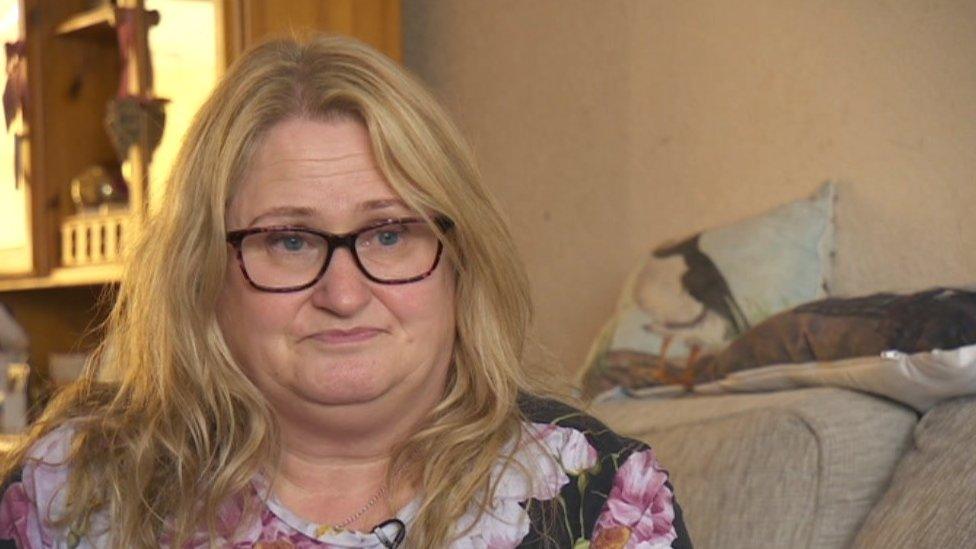
- Published7 July 2023
